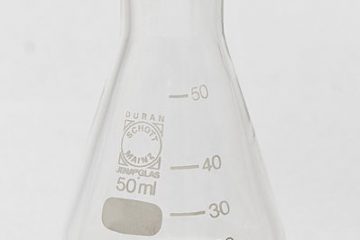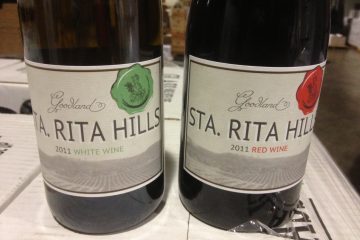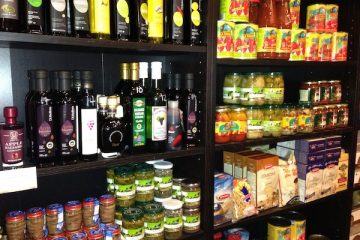Four judges taste a wine. One thinks it's gold-medal worthy. Two say silver. One says bronze. What medal does this wine get? If you guessed "gold," you have probably sat on a wine jury in the United States. This nearly happened on my jury earlier this month -- and I
It's a brilliant California day and it’s about 1000 degrees in the tasting tent at the annual Napa Valley barrel auction. I'm wilting in a plain summer frock and sandals. But my escort, vintner Jean-Charles Boisset, isn't even breaking a sweat despite being fully rigged out in dark slacks and
Last week, about 250 wine bloggers gathered in Penticton, a small city in British Columbia, Canada, for the sixth annual North American Wine Bloggers' Conference. That so many wine enthusiasts would travel to a city five hours east of Vancouver isn't surprising. Held in a different winemaking region each year,
I’ve never actually attended one of the infamous Riedel seminars at which a sleek Riedel representative demonstrates the magic transformative power of their varietal-specific glassware – living in a small town has its limitations – but I can’t say that I see much point. I would go for the sake
As usual, before Vinitaly my email box is full of invitations to events: press conferences, round tables, seminars, workshops, etc. And as usual, due to lack of time, I have to decline the most of them. But this time there was an invitation that intrigued me: a tasting of torbato.
Is it wise for a winemaker to keep some of the most basic information about a wine off the label? Say, the grape variety used in making the wine? This is an information age, an age in which more wineries are peppering their labels with all kinds of technical information,
Authenticity. Tipicity. These words describe wines from a particular piece of land or region. This characteristic is a guiding force behind the Italian wines I carry at Farfalle Italian Market in Concord, Massachusetts. I've been seeing more and more talk of authenticity on the web and in print. Authenticity seems
Rarely do wine enthusiasts have a summertime page-turner. There was Sideways, of course, the Pinot-drenched novel by Rex Pickett that became a blockbuster movie, but that hit bookstores nearly ten years ago. Over the past decade, many writers have tried to replicate the success of Sideways with wine-inspired fiction. But



